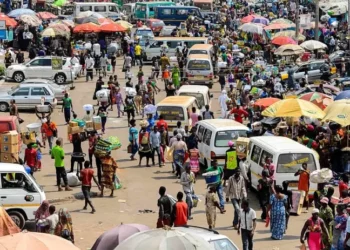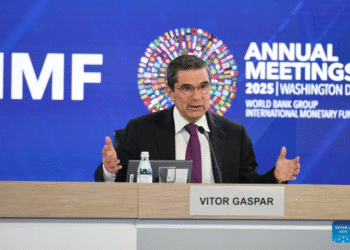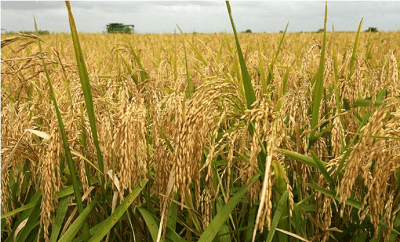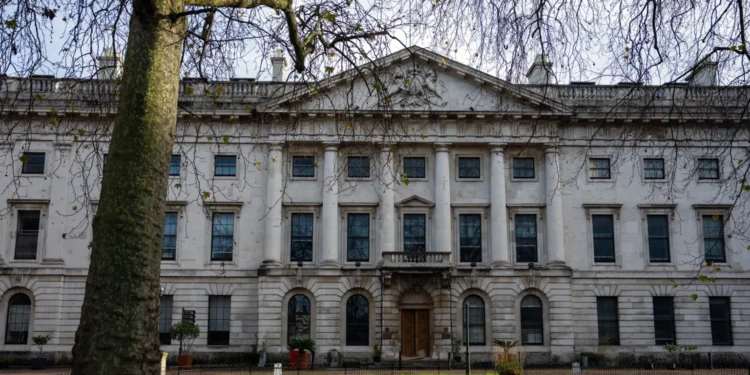The Ranking Member of Parliament’s Economy and Development Committee, Hon. Kojo Oppong Nkrumah, has stressed the need for the government to adopt a more transparent and timely approach in publishing fiscal data, noting that such a step could serve as a “low-hanging fruit” in improving economic governance.
Speaking at a policy roundtable organized by the International Institute for Sustainable Development (IISD) and the IMANI Center for Policy and Education at the Tang Palace Hotel in Accra, Hon. Oppong Nkrumah underscored the importance of regular access to fiscal information as Ghana prepares to operationalize its newly proposed Fiscal Council.
The event brought together government officials, Members of Parliament, development partners, civil society actors, and academics to deliberate on the design and implementation of the council, which is expected to strengthen fiscal discipline and accountability.
According to the Ofoase Ayiribi legislator, one of the challenges currently facing both policymakers and stakeholders is the limited availability of up-to-date fiscal information.
He observed that fiscal data is mostly made available during the mid-year budget review or the annual budget presentation, creating long gaps in public knowledge and limiting the ability of oversight bodies and researchers to track trends in real time.
“I think one of the bridges that could be a low-hanging fruit for us to start off with is a regular publication of fiscal data. You notice that today, if you want fiscal data, I mean, even if it’s for us in Parliament or wherever, it’s either during the mid-year review or the annual budget.”
Hon. Kojo Oppong Nkrumah
He contrasted this with the Bank of Ghana’s practice of publishing a summary of economic and financial data almost every other month, which he argued provides a more consistent and accessible flow of information on monetary indicators.

In his view, the Ministry of Finance and related agencies could replicate this practice by providing timely fiscal data to keep the public, academia, and civil society abreast of the state of public finances.
“So one of the low-hanging fruits as a bridge between a full implementation of this and what we have now could be a certain regular publication of fiscal data so that even before you get here, there’s more data.”
Hon. Kojo Oppong Nkrumah
Empowering Stakeholders
Hon. Oppong Nkrumah emphasized that broader access to fiscal information would empower a wide range of stakeholders—including civil society organizations, governance institutions, and the academic community—to form more accurate views on the performance of the country’s finances.
He noted that such transparency would foster constructive debate, strengthen accountability, and provide evidence-based inputs into policymaking.
“Other organisations in the governance space, CSOs, et cetera, can have a view of that. Academia, I see some of my own professors here, could have a view of that and then be able to, as it were, form some view of how fiscals are performing”.
Hon. Kojo Oppong Nkrumah
The MP further suggested that once the Fiscal Council is fully operational, regular fiscal data publications could serve as an official source of information to guide the council’s work.

By institutionalizing this practice, he argued, Ghana would be taking a significant step toward deepening transparency and credibility in public financial management.
The Fiscal Council, which is being developed as part of Ghana’s ongoing reforms to improve fiscal discipline, is expected to serve as an independent body that monitors government spending and borrowing patterns.
Similar institutions in other countries have been credited with enhancing fiscal responsibility by ensuring that governments adhere to their own rules and targets, even during political or economic pressures.
The roundtable provided a platform for key actors to share perspectives on how Ghana’s Fiscal Council can be designed to meet international best practices while responding to the country’s unique economic realities.
With development partners, civil society, and researchers at the table, the discussion highlighted the need for transparency, credibility, and independence in the council’s eventual mandate.

Hon. Oppong Nkrumah’s intervention drew attention to the immediate steps that could build confidence in Ghana’s fiscal reporting system even before the council becomes fully functional.
By adopting a system of regular fiscal updates—mirroring the Bank of Ghana’s monetary reports—the country, he argued, could begin bridging the gap between policy intent and public accountability.
READ ALSO: A Man on a Mission: Singaporean President Lauds Mahama’s Leadership






















